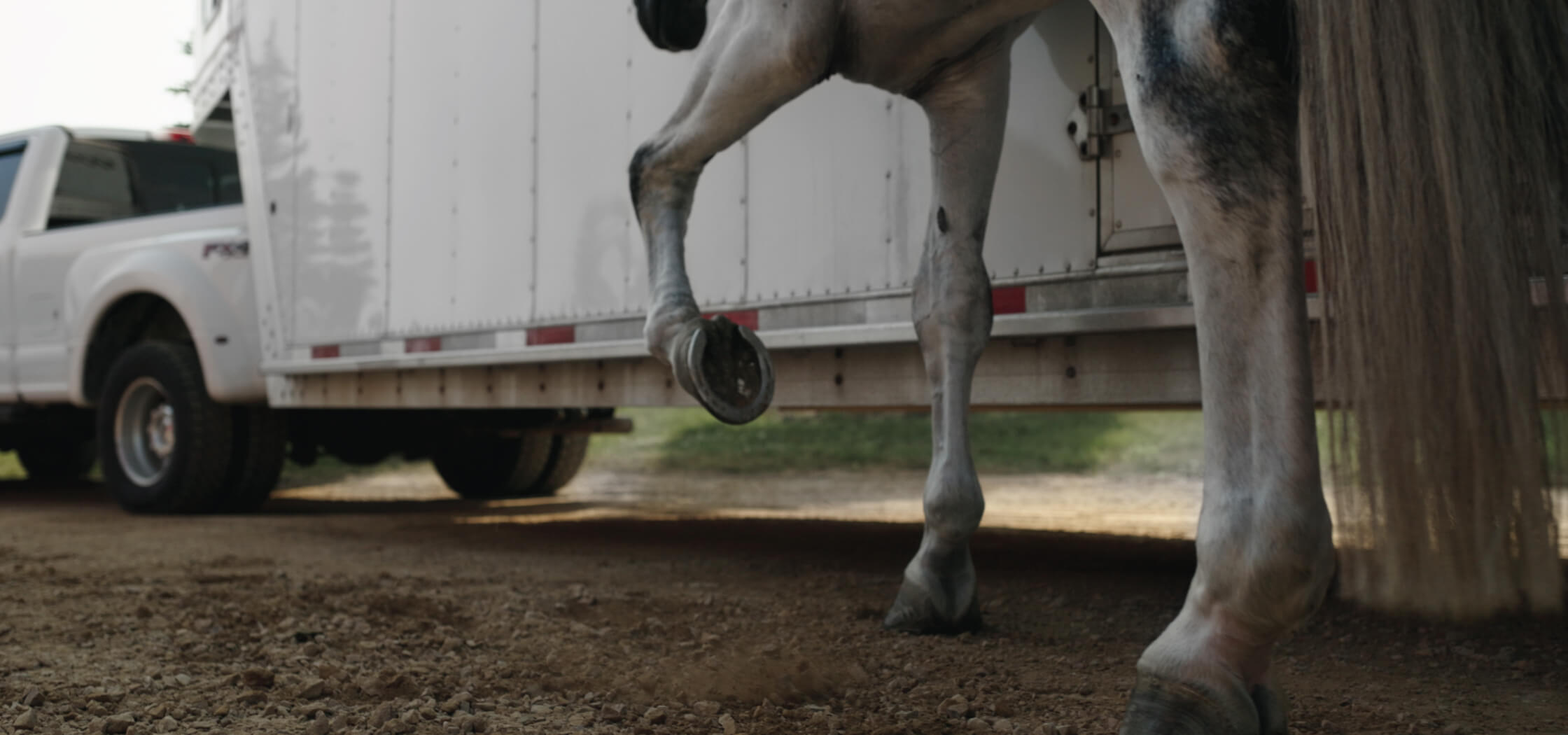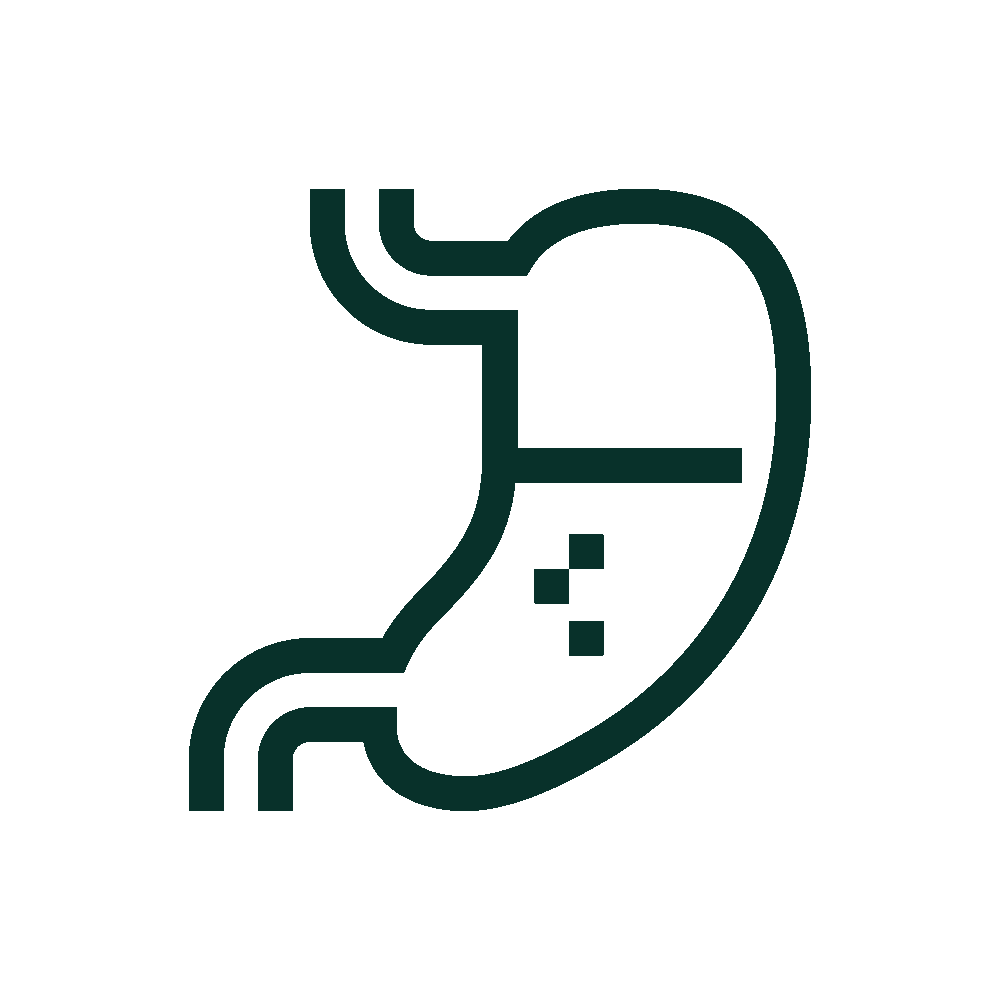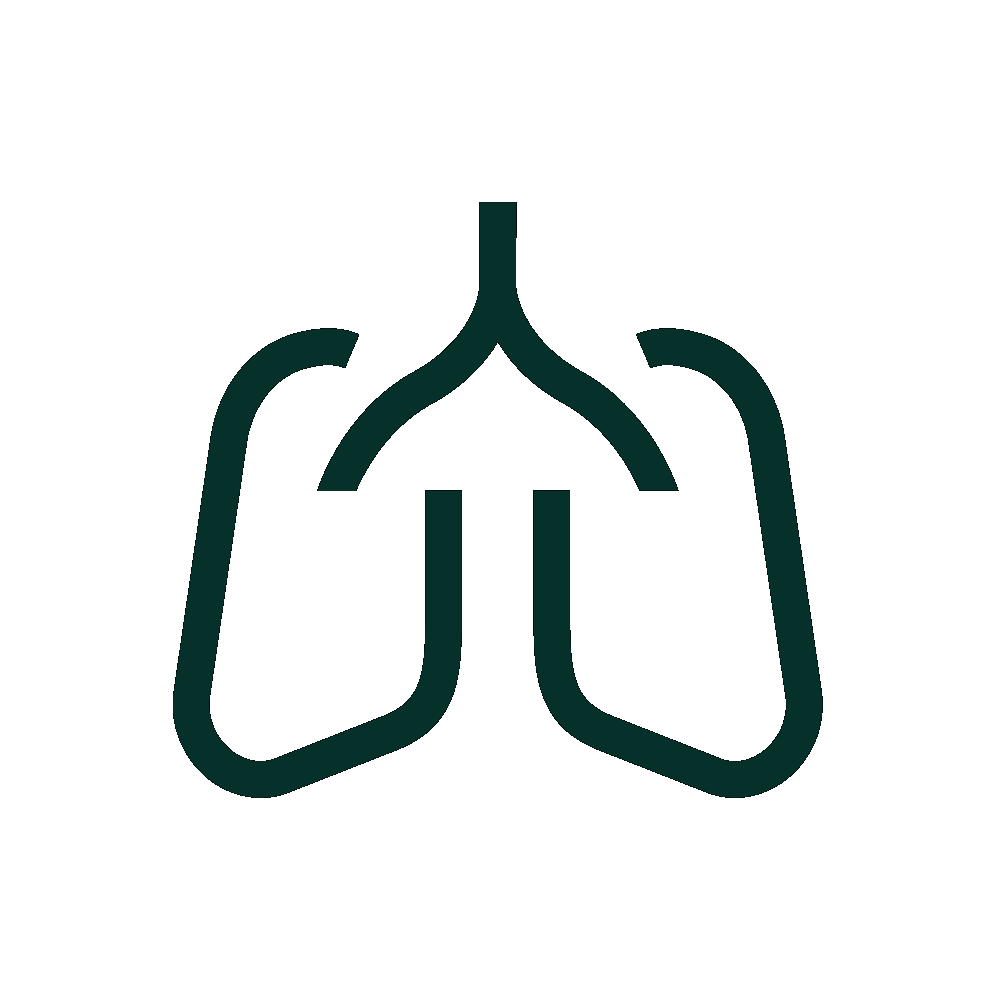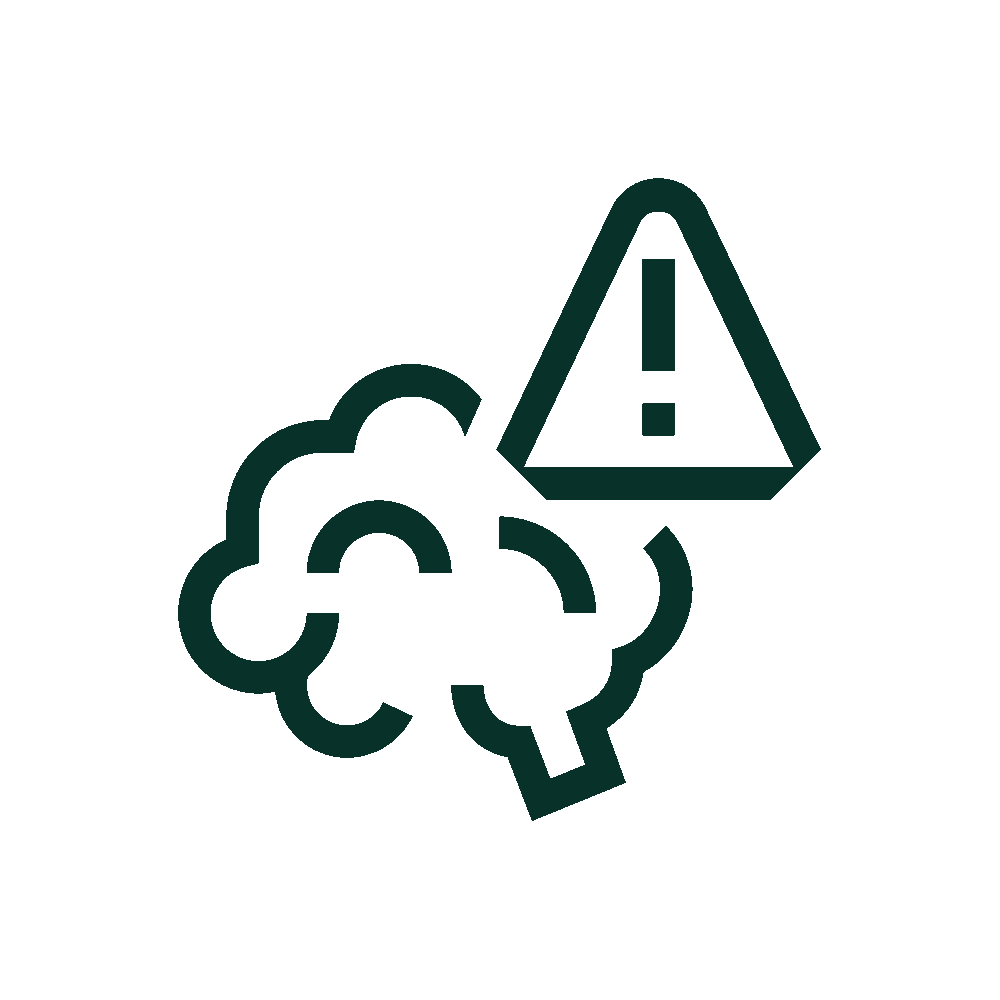Managing Stress in Your Horse
by Boehringer Ingelheim / March 21, 2024

Horses are just like us. They can experience many feelings, like excitement, nervousness and even stress. Horses can experience stress from a variety of different environmental and social factors. Each horse may show signs of stress in different ways, and many respond to stress differently, too. Left unaddressed, stress can have negative impacts on a horse’s physical health and overall quality of life.
As a horse owner, it’s important to be aware of the common causes of stress, signs that a horse may show when stressed, and how to proactively address stress levels.
Causes of Stress in Horses
Stress in horses is most often a result of lifestyle changes, big or small. While some horses can adjust to these changes easily, other horses may have a harder time. Changes that may not seem like a big deal to us may have a greater effect on our horses. While stress can be caused by many factors, some main causes include:
Cause #1: Inconsistent Routine
Changes in feeding, exercise and socialization can all lead to disruptions in a horse’s daily routine, as they are very much creatures of habit.
Cause #2: Living Conditions
Unfamiliar and disruptive surroundings like new stables, pasture mates, sights, sounds and smells can all be a lot for a horse to process.
Cause #3: Transportation
As noted above, changes in a horse’s routine can influence stress levels, but even more so when a horse travels in a confined trailer with altered access to their normal feed and water.
Cause #4: Socialization
Horses are herd animals who do best when they can see, hear, and generally touch other horses. Turnout with buddies is ideal, but recognize that changes in herd dynamics can be stressful so monitor relationships closely.
Signs That Your Horse May Be Stressed
Luckily for us, horses are typically not shy about showing signs of stress, which can help to alert us when something may be going on. Use this information as a guide to recognize stress, but ultimately, you know your horse and their behavior the best. Some common indicators of stress may include:
- Excessive sweating
- Reduced appetite
- Loose manure or increased fecal water content
- Weaving, pacing, pawing, cribbing or circling the stall
- Spooking or bolting
- Aggression
Pay attention to any changes in the way a horse acts, sounds or feels. If you notice any behavioral changes consistent with the above signs, always consult with a veterinarian.
Addressing the Stress
While we can’t remove all stressors from our horse’s lives, we can take proactive steps to lessen the amount and reduce the negative effects of stress. Here are a few general tips to consider if you’re looking to proactively reduce stress levels in your horse:
TIP #1 Create a Healthy Routine
Creating and sticking to a healthy routine can help keep stress levels low. When feeding, exercise and turnout times are kept generally consistent, your horse feels more secure in their environment. A healthy routine also consists of a proper diet, ample hydration and regular exercise.
TIP #2 Monitor Your Horse's Gastric Health
A horse’s gastric health can be indicative of the amount of stress they are enduring. Gastric ulcers are painful lesions that form in the stomach lining. Stress, both environmental and physical, can increase the likelihood of ulcers.
Prevention of ulcers is key. Limiting stressful situations, feeding small meals frequently vs. fewer larger meals, and providing continual access to pasture and/or hay via a slow feeder are imperative. Providing a constant supply of forage helps to neutralize stomach acid through saliva production, due to the constant chewing. Horses can only produce saliva via molar pressure, and we know that saliva is nature's best antacid.2
TIP #3 Anticipate Stressful Situations Ahead of Time
Try to recognize situations in which your horse has shown signs of stress in the past, and do your best to address the stressors beforehand. Consider adding ULCERGARD® (omeprazole) to your gastric health regime before stress leads to ulcers. ULCERGARD paste delivers targeted, effective medication, allowing for proven prevention of gastric ulcers for horses with increased stress.3
TIP #4 Get Your Horse Scoped if You Suspect Ulcers
If you suspect your horse may be dealing with ulcers, ask your veterinarian about the need for a gastroscopy exam. This procedure is the only way to accurately and definitively diagnose the presence and type of gastric ulcers.
If your horse is diagnosed with gastric ulcers, ask your veterinarian for GASTROGARD® (omeprazole). GASTROGARD paste has been shown to heal or significantly improve ulcers in up to 99% of treated horses.4 The active ingredient, omeprazole, works to suppress the secretion of gastric acid, and gives the stomach the right environment to heal itself. Approved by the FDA, GASTROGARD provides omeprazole in a protected paste formulation, allowing it to reach the site of absorption.
Consult with your veterinarian before treating your horse. To learn more about GASTROGARD and ULCERGARD, visit Gastric Health.
Unfortunately, stress is something that every horse will experience at some point in their lifetime, no matter if they are a performance horse traveling to horse shows, or a retired companion living at home. Understanding the causes, signs and ways you can reduce the amount of stressors may help to keep your horse comfortable and as stress-free as possible.
GASTROGARD IMPORTANT SAFETY INFORMATION: The safety of GASTROGARD paste has not been determined in pregnant or lactating mares. For use in horses and foals 4 weeks of age and older. Keep this and all drugs out of the reach of children. In case of ingestion, contact a physician. Caution: Federal (USA) law restricts this drug to use by or on the order of a licensed veterinarian.
ULCERGARD IMPORTANT SAFETY INFORMATION: ULCERGARD can be used in horses that weigh at least 600 lbs. Safety in pregnant mares has not been determined. Not for use in humans. Keep this and all medications out of the reach of children. In case of ingestion, contact a physician.
1 Young A. Equine gastric ulcer syndrome. 2019 Available at https://ceh.vetmed.ucdavis.edu/health-topics/equine-gastric-ulcer-syndrome#:~:text=Gastric%2C%20or%20stomach%2C%20ulcers%20are,racing%2C%20endurance%2C%20and%20showing Accessed on February 27, 2023.
2 ULCERGARD Product Label
3 GASTROGARD Product Label
GASTROGARD® and ULCERGARD® are registered trademarks of Boehringer Ingelheim Animal Health USA Inc. ©2025 Boehringer Ingelheim Animal Health USA Inc., Duluth, GA. All rights reserved. US-EQU-0127-2024






